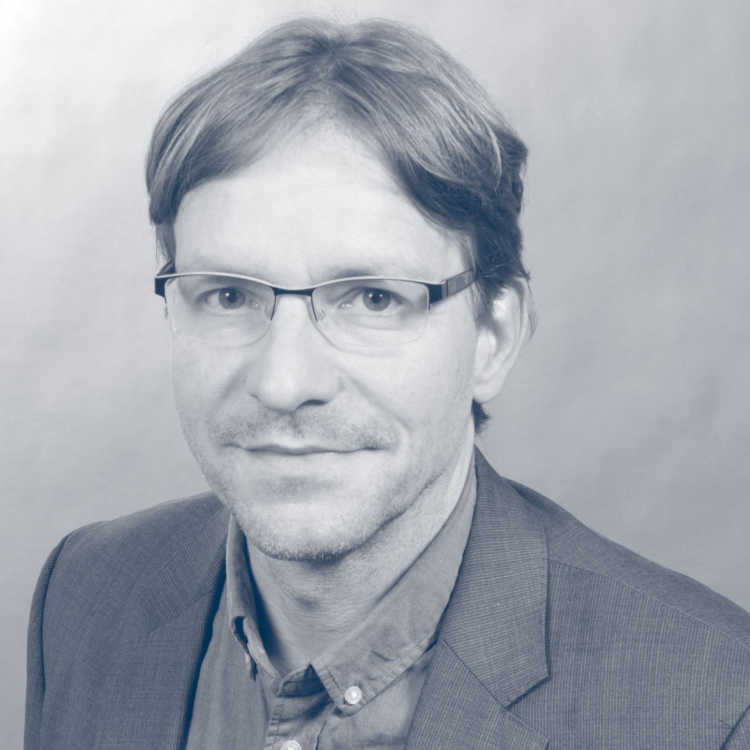- Startseite
- Forschung & Transfer
- Forschungsprojekte
- Competing Regional Integrations in Southeast Asia (CRISEA)
Competing Regional Integrations in Southeast Asia (CRISEA)
Southeast Asia is facing diverse institutional and geopolitical challenges. Of further concern are environmental and social issues as well as new economic dynamics. This interdisciplinary EU funded research project, coordinated by EFEO (France) investigates current developments in Southeast Asia, using a broad array of topics, perspectives and approaches.
EC, Horizon 2020, 2017-2021
Team
Kooperationspartner
Leitung
Forschungsfragen
CRISEA brings together Southeast Asian (SEA) and European researchers from 13 partner institutions. It is coordinated by the Ecole française d’Extrême-Orient (EFEO). CRISEA has three objectives 1) study the multiple forces affecting regional integration in Southeast Asia and the challenges they present to the peoples of SEA and its regional framework ASEAN; 2) reach beyond academia to engage in public debate and impact on practitioners in government and non-government spheres; and 3) reinforce the European Research Area (ERA) through coordinated EU-ASEAN academic exchange and network development.
Beitrag zu internationaler Forschung
The investigation of the competing forces driving regional integration in SEA and the emphasis on the importance of legitimacy reflects the project's scientific ambition: to produce knowledge on contemporary challenges facing SEA and ASEAN-led regional integration that yield understandings of use to policy makers working in a demanding global environment. The project innovates by confronting theoretical and macro-level approaches in the fields of international relations and international political economy, with gendered insights drawn from the grassroots methodologies of anthropology, history, sociology, and micro studies in economics and political science. Using an interdisciplinary micro-macro method of analysis, the researchers ask in each case how ASEAN-led regional integration is – and is seen by SEA's people as – part of the problem or part of the solution.
Forschungsdesign und Methoden
- WP 1 (The Environment: Securing the Commons) examines to what extent competition over the regional ‘commons' - in the milieus of sea, river, land, forest and air - is reaching a tipping point, with potentially wide-ranging consequences for national security.
- WP 2 (The Economy: Competing Models and Practices of Capitalism) studies whether the ‘uneven development trap', ensnaring the labour force in precarious circulatory migration and undermining social stability, can erode SEA states' models of developmental capitalism and the regional integration model of ASEAN.
- WP 3 (The State: Contesting the Liberal State) analyses the forces that nowadays contest the liberal State within and beyond the region, asking whether they herald a new era for SEA, where governance is openly legitimised by group interests that challenge the liberal values central to ASEAN's political model. The GIGA researchers involved in this Work Package specifically examine populist mobilization during local and national elections in Malaysia, the Philippines, Thailand and Indonesia (Andreas Ufen) and deal with protest and state reaction in an intra-regional comparison of Indonesia, Vietnam (Jörg Wischermann).
- WP 4 (Identity: Forging Regional Belonging) evaluates to what extent the embrace and celebration of difference - which CRISEA sees is at the heart of regional integration - is currently being undermined by the crisis of globalisation and risks being subsumed in nationally and culturally conferred legitimacy. In this context GIGA associate Janina Pawelz investigates youth identities in Timor-Leste through the lens of social identity theory.
- WP 5 (The Region: ASEAN's Contested Centrality) assesses ASEAN's capacity to rise to the challenges facing the region in a rapidly evolving global geopolitical environment and provide solutions to non-traditional security issues thus contributing to maintain its central role in ensuring a peaceful regional order.
Vorläufige Ergebnisse
Results of CRISEA can be found on the consortium's webpage.




